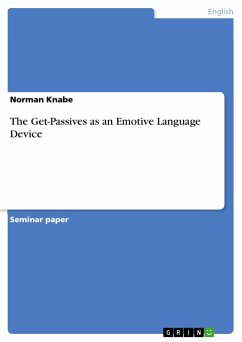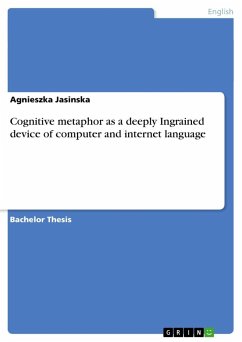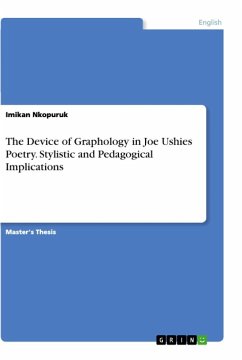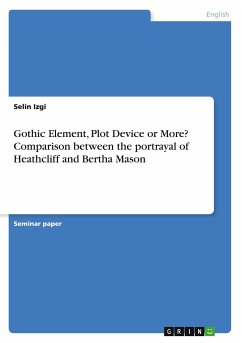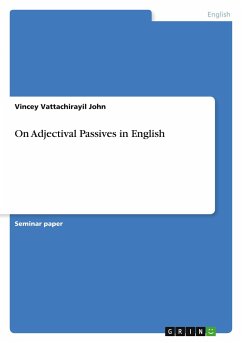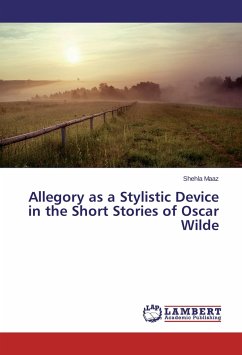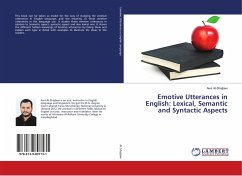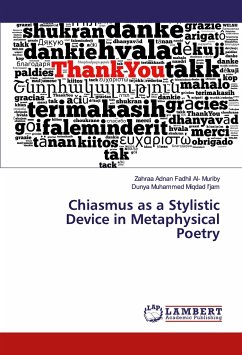Seminar paper from the year 2008 in the subject English Language and Literature Studies - Linguistics, grade: 2, University of Hamburg, course: Language and Emotion, language: English, abstract: With forming a passive-voiced sentence out of an active-voiced sentence, certain elements of a situation shall be emphasized. By making the recipient of the active-voiced form the grammatical subject of the passive-voiced sentence, its focus becomes reinforced due to the sentence-initial position. The passive is thus favoured over the active form when the receiver of an action (recipient) should be focused rather than the performer (agent) of the action. Next to the greater emphasis of the active-voice object, the passive is used to stress the result of an action (which is supported by the possibility of omitting the agent).The structure be + past particle can be considered as the norm for English passives. Since the passive meaning is essentially expressed by past participles, be in the structure can also be replaced by other verbs such as get, become, remain etc. Considering be- and get-passives, there seems to be no obvious difference between the two forms. However, the get-passive would not be used at all unless it had a different meaning in comparison to the be-passive.This paper aims to explore what the distinctive feature of the get-passive is. A major contribution to answer this question comes from Hübler who claims that the get-passive is used as means of an emotive language device. I will focus mainly, though not exclusively, on his contribution The Expressivity of Grammar. While many authors (Hatcher, Lakoff, Collins etc.) have tried to analyse the difference in meaning of the two passive forms, Hübler seems to have covered and united most of the theories, leading to the conclusion that the get-passive is used to express emotional attachment. His theory is depicted in detail in the following chapter.This paper should furthermore serve to test Hübler's (somehow vast and seemingly to far spread) claims in contrasting both, be- and get-passives. On a corpus based study I will analyse 100 examples of each type of passive for their emotional content. Finally the results of this analysis will be discussed and the two passive forms are compared in order to describe their differences in meaning.
Hinweis: Dieser Artikel kann nur an eine deutsche Lieferadresse ausgeliefert werden.
Hinweis: Dieser Artikel kann nur an eine deutsche Lieferadresse ausgeliefert werden.

